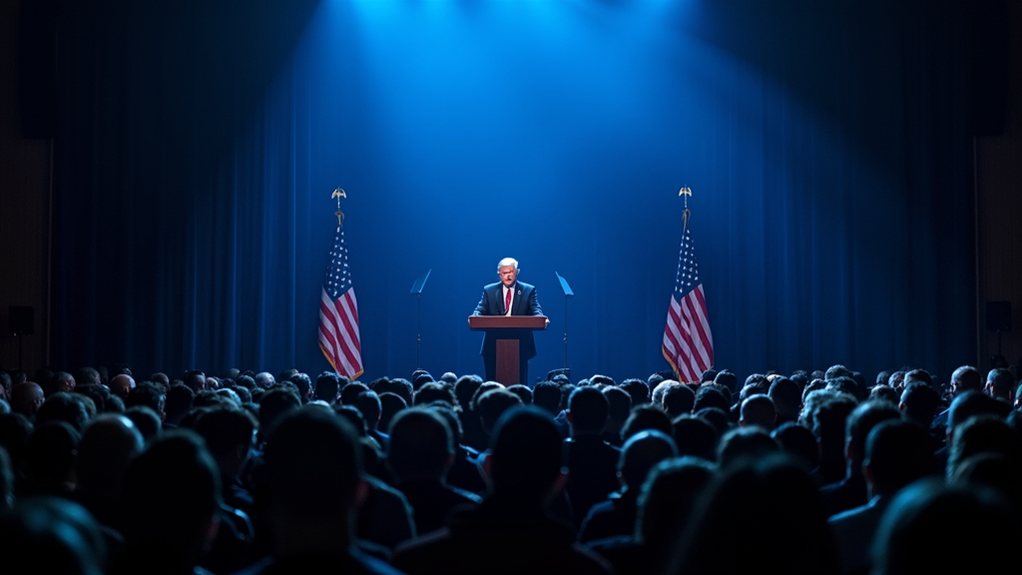Why is former President Donald Trump questioning a long-standing treaty that defines the US-Canada border? Recently, Trump expressed doubts about a treaty from 1908 that has set the boundary between the United States and Canada for over a century. During a call with Canadian Prime Minister Justin Trudeau, he indicated he does not recognize the existing border treaty as valid. His comments, reported by the New York Times, suggested a desire to renegotiate the agreement.
The 1908 treaty established the international boundary stretching from the Atlantic Ocean to the Pacific Ocean. It came after negotiations between the US and British North America, creating clear land and water boundaries. This treaty has been in effect for more than 110 years and is a cornerstone of US-Canada relations. Trump's questioning of its validity raises concerns about potential changes to this long-established agreement.
Trump specifically mentioned wanting to revisit agreements regarding the Great Lakes and shared water rights. He focused on the economic aspects of border agreements and hinted at possible changes to border control policies. Canadian officials are taking his remarks seriously. The Trudeau government is worried about what these comments could mean for the integrity of Canada's territory. Additionally, Trump's remarks could complicate the border issues that were settled by the Webster–Ashburton Treaty in 1842. Trump's comments have also sparked concerns about potential economic force against Canada, which could destabilize the Canadian economy.
Trump's desire to revisit Great Lakes agreements raises concerns about Canada's territorial integrity and potential border policy shifts.
Canadian media has been covering Trump's statements extensively, and diplomatic communications between the two nations have increased. If the treaty were to be renegotiated, it could disrupt trade relations and affect cross-border travel and immigration policies. Changes could also impact maritime boundaries and fishing rights, leading to uncertainty for businesses in border regions.
Renegotiating an international treaty is a complex process requiring the approval of both nations' legislatures. Historically, such changes are rare, and international law governs border treaties. As concerns rise, politicians in both countries are expressing their worries, and international observers are watching the situation closely. Speculation continues about Trump's motivations behind his remarks.





